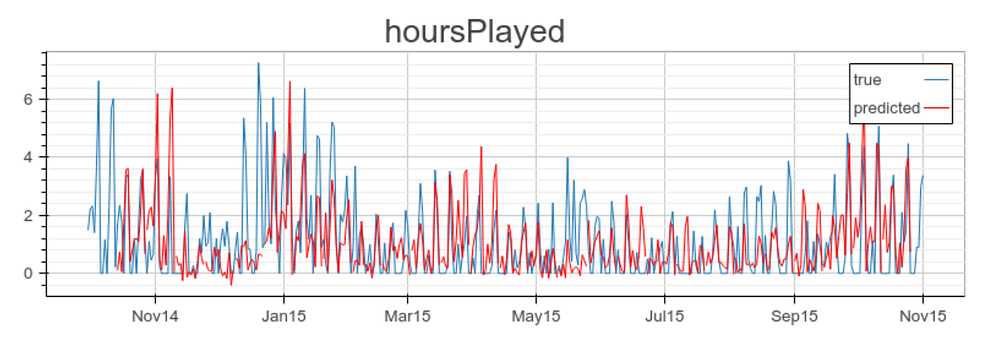Written by Mike Schaekermann.
In everyday life, we seldom do things for the first time. Instead, a large part of our behaviour is determined by habits rather than conscious motivation [1]. Therefore, it is not unreasonable to assume that habitual behaviour may also be a strong determinant for what we do as players in online gaming environments. A major focus of the HCI Games Group is on developing a deeper understanding of the psychological constructs that drive human behaviour in digital games. In this spirit, one of our ongoing projects revolves around the underrepresented topic of habits in online games.

Massively Multiplayer Online Games (MMOGs) naturally lend themselves to a closer examination of habitual gaming patterns for two reasons: first, players who like a particular game often spend large amounts of time in its virtual environment, increasing the chance of certain behaviours to be performed repeatedly and eventually turn into habits. Second, it is not uncommon for game studios to store detailed information about what players do in the game environment — a technique referred to as “telemetry” [5]. This information is normally used to analyse usage patterns and improve a game title over time, but it can also be leveraged for scientific endeavours like ours. Only a few studies from the fields of psychology and human-computer interaction have looked at how habit can be measured [4], how the formation of habit strength can be modelled over time [6] and in what way habit strength may be used to predict future behaviour in online virtual environments [2,3].
In our ongoing research project about the role of habit in online gaming environments, we apply time series modelling and data mining techniques to extract highly repetitive patterns of behaviour from massive data sets of MMOGs. In particular, we are taking closer look at player personality traits in the game Destiny, and have recently launched a large-scale online survey for this project. If you are a passionate Destiny player and would love to learn about your own personal player type, you should not hesitate to take our survey as well!
In hopes that we caught your interest in the force of habit, we will keep you updated about the progress of this project in future posts and scientific publications. This project is in collaboration with Mike Schaekermann, Lennart Nacke from the University of Waterloo, Canada, as well as Anders Drachen from Aalborg University, Denmark, and Rafet Sifa from Fraunhofer Institute for Intelligent Analysis and Information Systems (IAIS), Germany.

